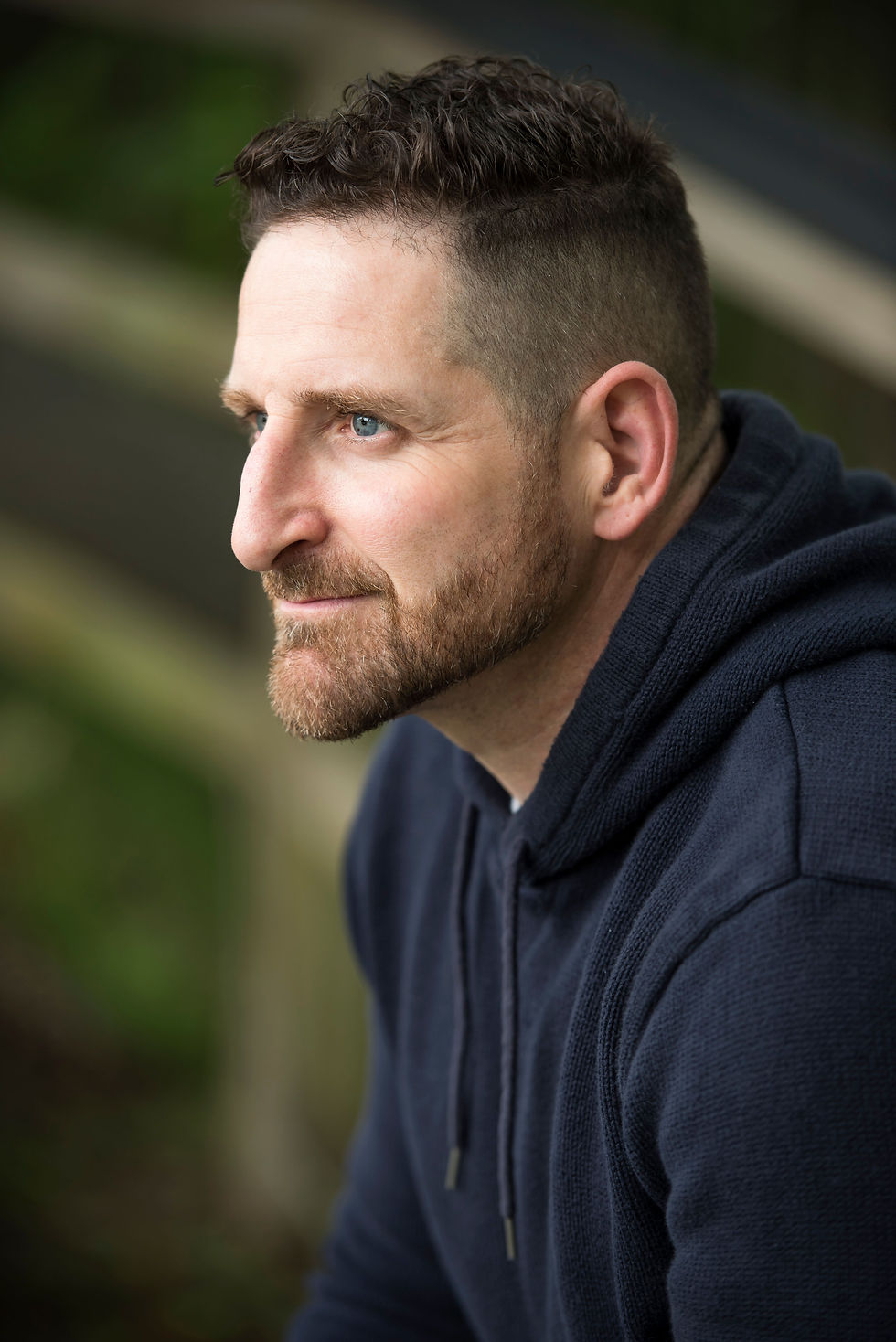Does Self Help Really Work?
- Coach Chris
- May 10, 2022
- 3 min read
Updated: Aug 3, 2023

The self-help game is as old as humankind. It’s always in the top three of all book genres (after romance and crime/thriller, interestingly). Since the dawn of recorded time, humans have held close the idea of personal improvement as a means to enlightenment. But does it even work?
I heard a great question posed to an expert recently — I’ll paraphrase the question: does the fact that I have experienced a deep hardship in my life mean that I am going to become stronger in character and a better person?
I’ll come back to this below.
Do you believe that self-help, personal improvement, and motivation and inspiring books and videos/audios are effective at upping your game? There is much debate about this. And yet there is a simple answer. And it’s the same answer to the question above about whether life hardships make us stronger and better. The answer is, it depends on what you do with it.
If one goes through a hardship and chooses to play the victim and look for sympathy, have they become stronger? If they are unwilling to use the lessons learned to create new, empowering behaviours and habits, have they become better? No, they have not.
Work must be put in to make progress. Results, fulfillment, progress — these are things that often take time and intentional effort to achieve to a level that is deeply rewarding. And don’t you find it’s never as fast as we expected? There are several factors that notably impact happiness, yet overall, progress makes us feel content.
And when we feel stuck somewhere in our lives, we can simply remember that progress makes us feel like we’re more in control. Like we’re working on the solution. Even if the solution hasn’t shown up yet. It will if we endeavor.
If you’re feeling a little stuck right now in life, or a certain part of it, perhaps leftovers from the pandemic, put some energy and effort into the mix and see what shifts. Shine the metaphorical flashlight on the situation and see what you find.
If you want a quick and easy exercise to see where to start, here’s one. It’s called a Balance Wheel. Or Life Wheel. Draw a circle about the size of a bagel. Split the wheel into eight slices, like a pizza.
Now label each section with an area of your life. It’s important that you title the sections in words that mean something to you. The number of possibilities is endless; however, some common examples are activity/exercise, nutrition, contentment/happiness, relationships, kids, friends, partner, job, income, investing, personal growth, reading, giving back, environment, gratitude, sleep, stress-control, hobbies, fun/adventure, free time, etc. Or pick your own. Pick eight (or draw more ‘slices’ for more topics to rate) and label each section outside the wheel. Now that you’ve done that, score each section from one to 10, where one equals completely dissatisfied with that area of your life, and 10 equals fully and completely satisfied with that area. This exercise shows you an indication of your balance. Mind you, perfect balance is a fallacy, so that’s not what we’re after.
Let me explain.
When you’ve finished all eight, sit back and take a deep breath. Then look at the wheel you’ve drawn, and the scores, and reflect on a couple things that you notice. Then give it a moment and go deeper to see if there is anything else notable you see. Write down your observations and feelings about what you notice. Also pay attention to which section, if incrementally improved, would make the most impact on the other areas. This is a key reflection.
Lastly, choose one area that you want to move the needle on and likely you’ll think of something meaningful to you to focus on starting right away. Word to the wise: the section that you feel you “should” work on (but don’t really want to) is not usually the one to start with. Start with the area that pulls you closer. You always know inside what is wanting to come out. Play with that.
It’s OK if your wheel isn’t balanced. It’s OK if you don’t select the lowest score to work on first. It’s OK if you don’t want to work on any of them. It’s OK to draw multiple wheels. It’s OK to shed a tear over the emotion that an area brings up, because emotions never lie. It’s all OK. You’re never broken. Sometimes bruised. But never broken.
As always, if you have any questions, email me.



Comments